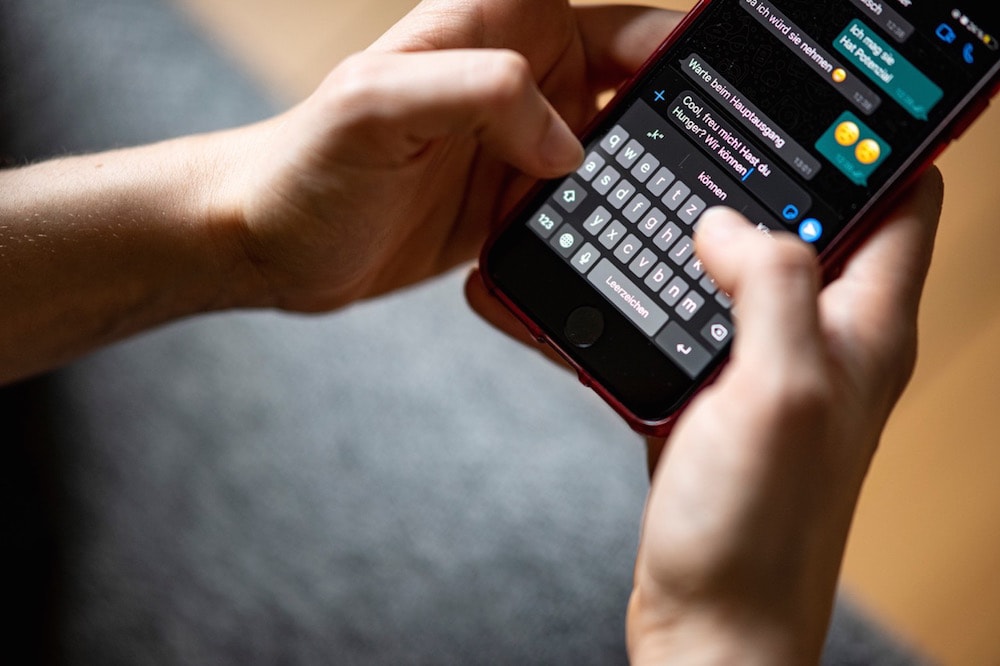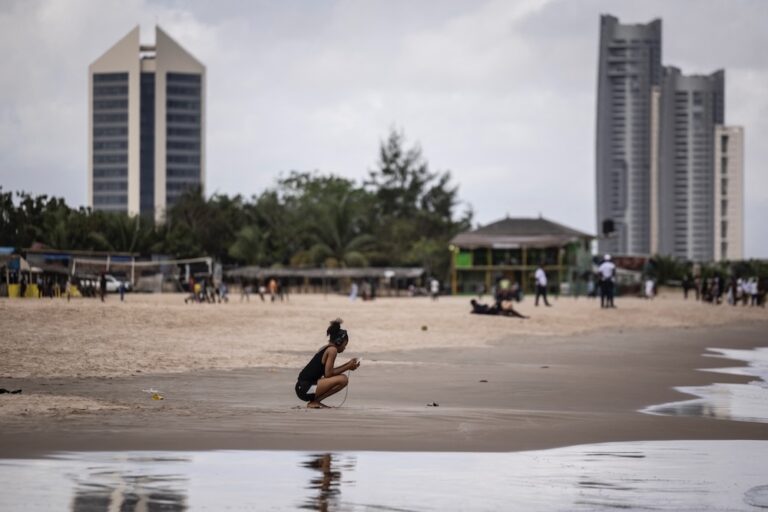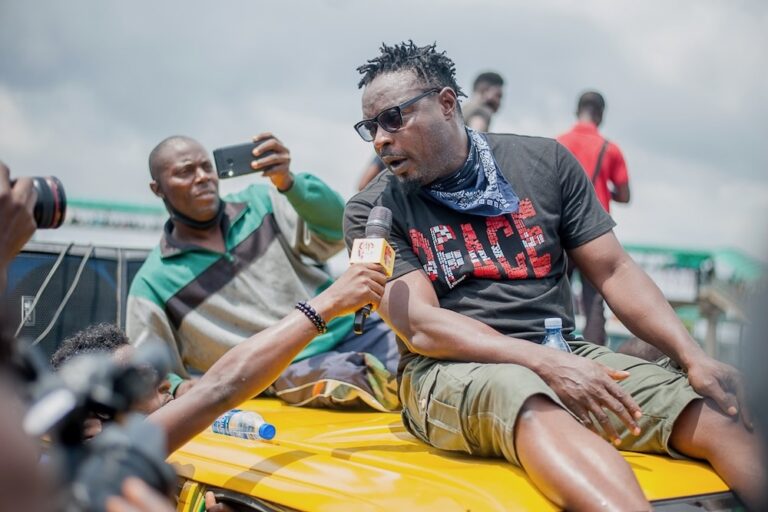The MFWA condemns the gruesome killing of a student, Deborah Samuel, on accusations of blasphemy and demands a thorough investigation into the incident which needs to lead to justice for her family.
This statement was originally published on mfwa.org on 15 May 2022.
The Media Foundation for West Africa (MFWA) roundly condemns the gruesome killing of Deborah Samuel on accusations of blasphemy and demands a thorough probe into the incident and justice for the victim.
Deborah was lynched and burned by her colleague students of the Shehu Shagari College of Education in Sokoto, North-West Nigeria, on May 12, 2022. She had protested against what she felt was the flooding of a common academic WhatsApp page with religious posts. She also made a critical comment about the Prophet Mohammed, which some of her Muslim colleagues considered blasphemous.
The alleged blasphemous statement was bandied about and got distorted along the way as it was further disseminated by word of mouth. Soon, a consensus of rage and hysteria was built around the WhatsApp post with hundreds of Muslim students baying for her blood. After some initial skirmishes, the school authorities took Deborah into protective custody and called in security forces to ward off the attack. The situation however escalated and the rampaging students overpowered the security forces, snatched their target from them, and lynched her.
The incident has been widely condemned by individuals and organisations in Nigeria and across the world.
The Sokoto Sultanate Council, the traditional authority in the State, issued a statement on May 12, 2022, to denounce the murder.
“The Sultanate Council condemned the incident in its totality and has urged the security agencies to bring perpetrators of the unjustifiable incident to justice,” the Council’s statement read in part.
This is the second time in two months that the issue of blasphemy has poisoned the freedom of expression environment in Nigeria.
On April 5, 2022, an activist, Mubarak Bala was sentenced to 24 years in prison for blasphemy. Prior to the sentence, Mubarak, who was the President of the civil society group Humanist Association of Nigeria, had been detained for two years on the same charge of blasphemy.
Much as we uphold respect for the religious sensibilities of people and their hallowed institutions and personalities, we deplore the extremist and murderous reaction in this case. Nigeria is a constitutional democracy governed by the rule of law. It’s not in anyone’s power to interpret a statement as blasphemous and proceed to dispense mob justice. This is an act of extreme intolerance that threatens freedom of expression and is liable to turn into a minefield any intellectual discussion of religion.
We urge the Nigerian authorities to ensure that the killers of Deborah are brought to book. We call on religious leaders, political players, civic education institutions, schools, and civil society organisations in Nigeria to embark on a robust campaign to deradicalise the youth in Nigeria and promote inter-religious dialogue and tolerance.



